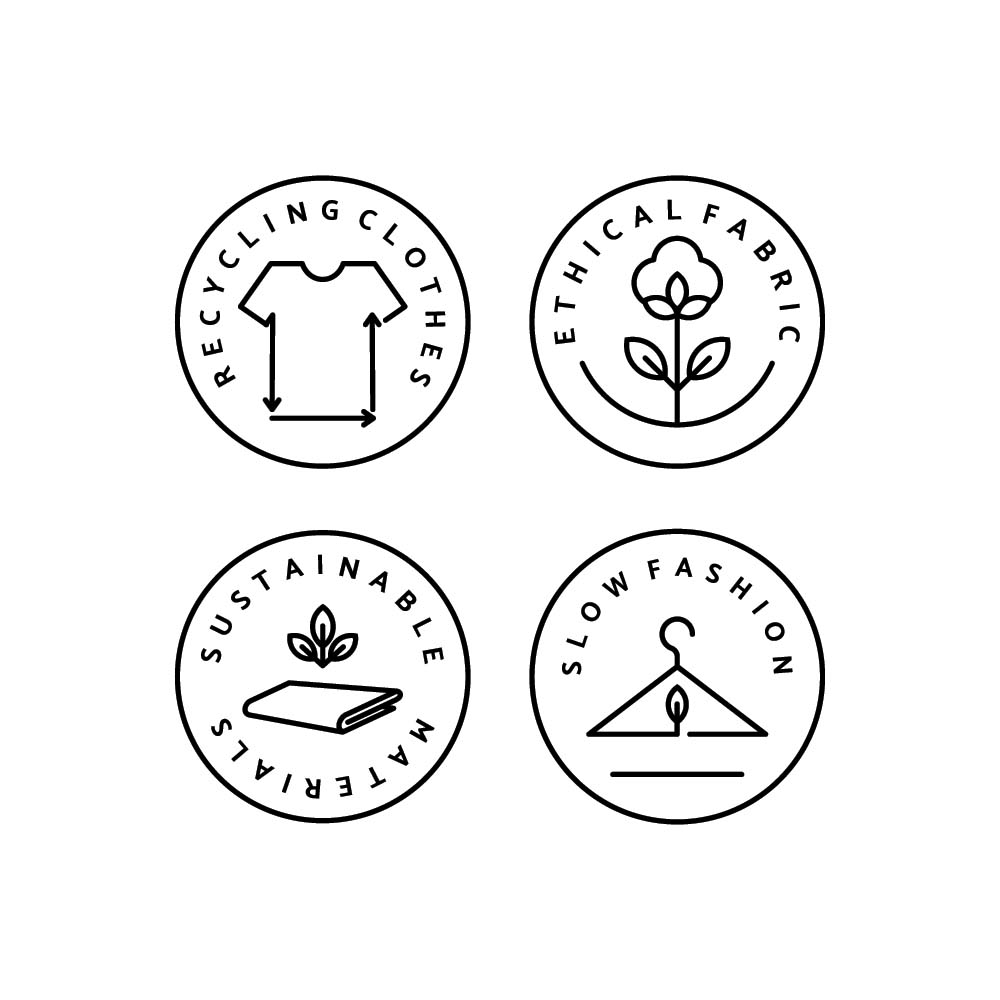Sustainability is a subject that we may have been made aware of in a million different ways in a million different visual and written formats. However, the concept seems to get lost amongst us as soon as it asks for a little effort from our end. Fundamentally, humans and change take time to sync with each other. If we want to adopt a permanent change in our lives, it is still doable individually, but getting your family involved and dedicated to the process is what demands most of your energy.
Do your bit to make your life more sustainable and create a positive impact on those around you as well. Here are some small steps that you can take to make a big difference.

Add sustainability to your lifestyle
1. Prepare home-cooked meals as much as possible and save on takeaway containers. Make a conscious effort to call for food from joints that deliver in eco-friendly containers or make use of recyclable materials in its packaging. Stop accepting disposable cutlery and napkins.
2. If you are sniffling, carry a handkerchief. It can be washed and reused multiple times, as opposed to disposable tissues.
3. Plastic may be lightweight and cheaper, but it has a severe impact on the planet. Make use of steel/copper/glass water bottles at home or work, and always keep a stainless-steel straw on you, to avoid using plastic straws.
4. Borrow books from a library, buy books online, read online newspaper publications, instead of purchasing physical books and newspapers.

Add sustainability to technology
1. Switch to cloud storage instead of buying physical hard drives or pen drives.
2. Opt for sustainable search engines like Goodsearch and Ecosia to make your everyday queries a little greener.
3. Use rechargeable batteries whenever possible, and solar energy charges for smartphones and tablets. When you are not using something, turn the switch off, and avoid leaving electrical appliances and electricity on standby. These small habits will not only help in saving on utility bills, but also limit GHG (greenhouse gas) emissions.
4. If they are no longer of use to you, donate electronical devices to schools or other institutions in need. If you need new appliances, scout for second-hand first or choose energy-efficient technology. Make use of e-waste recycling programs when disposing of your electronics.

Add sustainability to your commute
1. You can invest in a second-hand bicycle to carry on activities in and around your neighbourhood or make use of rent-a-bike services for longer commute.
2. Opt for public transport or carpools to get to work as this may give you a window to catch up on reading, listening to music or podcasts, cover up on your sleep and enjoy some me-time before the day begins.

Add sustainability to your wardrobe
1. Invest in high-quality, long-lasting clothing. Move away from fast fashion and donate clothes (in good condition) you no longer wear to NGOs or other such institutions.
2. Educate yourself on finding clothes made of sustainable fabrics (hemp, organic cotton, linen) while shopping. Support brands that are ethical and environmentally conscious. Shop from sustainable clothing outlets that offer post-purchase alteration services.

What goes around, comes around
Just recycling is not enough. We have a long way to go to undo years of destructive patterns that have resulted from over-consumption. Leading a sustainable lifestyle means meeting the needs of the present without compromising on those of the generations to come. Therefore, we need to develop a lifestyle that ensures minimal impact and the least amount of wastage.